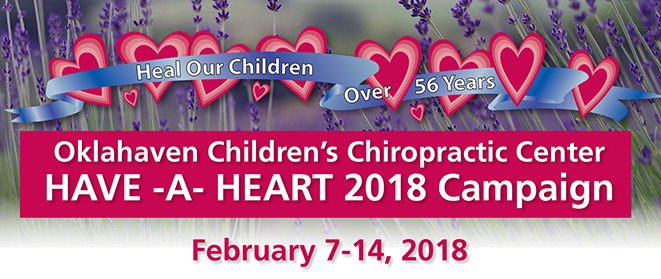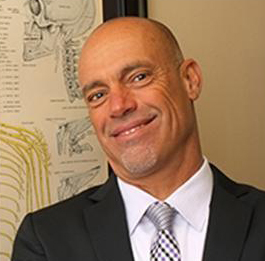 Good Morning Doctors and Health Professionals!
Good Morning Doctors and Health Professionals!
Sending this out early in the morning…
No nuts and bolts this morning, just some music.
Some good vibes.
Music is therapeutic – for the body, the mind, and the soul. It improves patient outcomes as well as employee performance. And, customers like it and can be more agreeable to what you advise.
I did the research! (Some of it is below.)
But never mind the research, just listen to music that you like, and that your team and a patients enjoy.
Here is a video (just listen, no need to watch, but great to watch all the same) with musicians from around the world -performing Ripple, lyrics by Robert Hunter and music by Jerry Garcia.
And have a good vibe groovin’ week!
Ed
Music Video Ripple, Playing for Change.
“Music can heal the wounds that medicine cannot touch.”
–Debasish Mrihda
==========
For follow-up research:
Music to Encourage Buying Products & More: Best is ambient, classical, not popular as this can be distracting. Also, faster tempo music customers lingered less and moved faster.
https://cloudcovermusic.com/music-psychology/encourage-buying/
https://www.psychologistworld.com/behavior/ambient-music-retail-psychological-arousal-customers
Music has been found to have a positive impact on employee performance in certain situations. However, it’s important to note that the effects of music can vary depending on individual preferences and the specific work environment.
Here are some studies that explore the relationship between music and employee performance:
-
A study published in the Journal of Applied Ergonomics in 2015 found that background music had a positive impact on the quality of work and efficiency of employees in a data entry task. The researchers concluded that music could help improve performance by enhancing mood and reducing stress.
-
In 2012, a study published in the Journal of Consumer Research examined the effects of background music on creative problem-solving. The results showed that moderate levels of ambient noise, such as music, can enhance creative performance compared to both low and high levels of noise.
-
Another study published in the Journal of Music Therapy in 2014 investigated the effects of music listening on productivity and mood in a workplace setting. The findings revealed that employees who listened to music while working reported higher productivity and positive mood compared to those who did not listen to music.
-
A study published in the Journal of Occupational and Organizational Psychology in 2019 examined the effects of different types of music on cognitive performance and mood in a complex task. The results showed that participants performed better and reported higher positive affect when listening to music they personally enjoyed.
Does music help us work better? It depends
“Listening to music has a positive impact on our health, by helping us recover faster when we experience stress and through the reduction of stress hormone cortisol, to help us achieve a calm state or homeostasis.” – Alex Doman
Music can improve health.
Research from the Royal Society noted that “group singing can improve physical and mental health, as well as promote social bonding.” An older paper by researchers from the University of California suggests that participating in choral singing “is associated with strong increases of Immunoglobulin A,” also referred to as immunoenhancement. They tested cortisol and immunoglobulin levels in saliva before and after singing in a choir, and found that performance singing “leads adaptively to levels of positive feelings and satisfaction.” The Healing Power of Singing – The New York Times (nytimes.com)
Music therapy is increasingly used to help patients cope with stress and promote healing. Richard Schiffman
April 8, 2021
New York Times

 “Call your mom!”
“Call your mom!”









